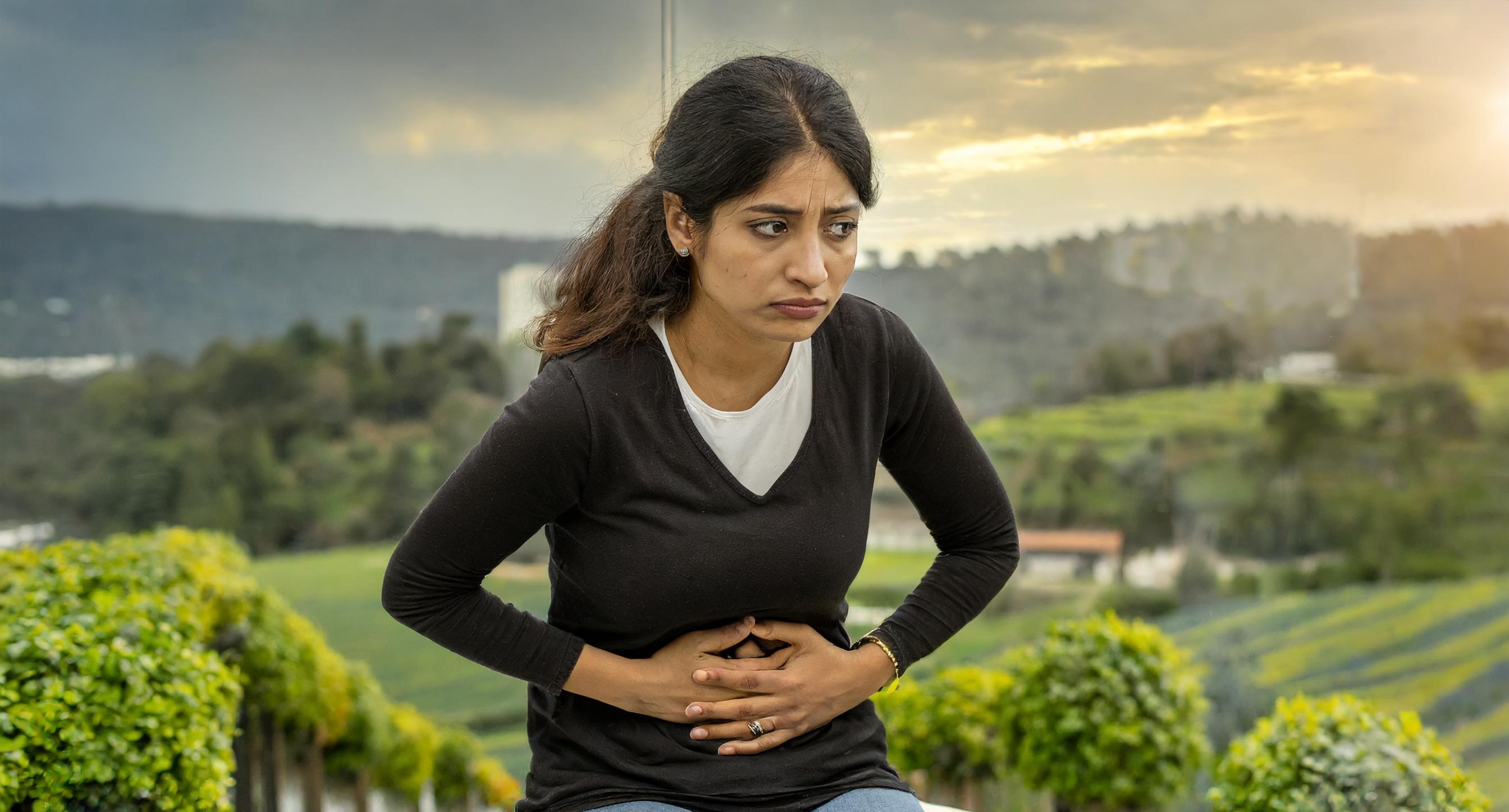PCOS which is also known as Polycystic Ovary Syndrome is seen in one out of every five women all over the world, the first thing to know is that PCOS is not a disease it is just a symptom or sign of hormonal imbalance. Women with PCOS experience mental, reproductive, and hormonal imbalances.PCOS women generally have reduced levels of estrogen and increased levels of androgen which is a male hormone due to which your periods are delayed and you experience hirsutism which is an excessive male pattern of hair growth. Every month the female ovary produces eggs, which go into the fallopian tube and wait until fertilization if the egg is not fertilized it comes out in the form of menstruation which is abnormal with women having PCOS.
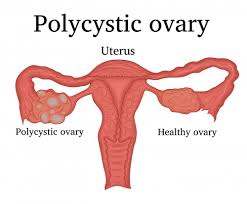
Here are a few most common causes of PCOS:
The exact causes of PCOS are left unknown, a few most common causes include:
GENETICS:
Few women have this hormonal imbalance may be due to genetic factors anyone from your family in your past generations may have PCOS and hormonal imbalances in their body which it is follow into your body continuing the hormonal imbalance. Not every woman gets PCOS due to genetic factors but also due to other factors.
INSULIN RESISTANCE:
Insulin resistance generally is a medical term In this, you will be experiencing increased levels of androgen and insulin in the blood due to obesity which can also lead to diabetes. High insulin levels also disturb ovarian functions resulting in irregular periods. Insulin resistance is also an underlying cause of PCOS because it increases the male hormone levels in the female body resulting in hormonal imbalance.
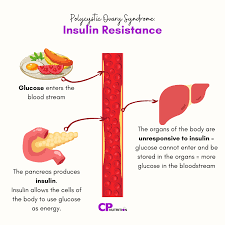
LIFESTYLE CHANGES AND PSYCHOLOGICAL CONDITIONS:
If you are dealing with stress and anxiety that may impact your hormonal functions and metabolic imbalances. Lifestyle changes include your sleep schedules, food habits, exercises, etc which is resulting in increased cases of PCOS. We might be a little lazy to be physically active but to maintain a healthy lifestyle we need to be physically active by exercising, yoga, walking, gardening sometimes and you can also dance to stay fit.
What are the symptoms of PCOS?
Irregular periods:
If you are having an irregular period cycle i.e., if your cycle is not between 21-36 days or longer period days which is more than 7 days, that may be a symptom of PCOS. Irregular periods are the first and foremost symptom of PCOS.
Weight gain/Obesity:
Another important symptom of PCOS is severe weight gain or obesity. You may get excessive weight gain in a short period which is also a sign of PCOS.
Hirsutism:
Abnormal hair growth on the face, jawline, chest, or naval area is called hirsutism. Male pattern of baldness is also seen in women having PCOS.
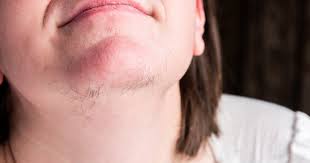
Acne:
Women with PCOS also experience acne and darkness of the skin more often due to excess oil production and overuse of medication.
Infertility:
This is seen in most of the women with PCOS as they have irregular period cycles it is hard for them to get pregnant as they deal with higher levels of androgen in their body.
How to manage PCOS?
The management process may vary from person to person based on the health condition and severity of the problem. You need to consult the doctor and follow the treatment process accordingly if you are diagnosed with PCOS, the most commonly followed treatment or management procedures for PCOS are as follows:
Birth control pills and Ovulating pills:
If you are someone who is not willing to get pregnant you may use birth control pills which help regulate your period cycle also reduce irregular hair growth on your body. And if you want to conceive with PCOS you can use ovulating pills suggested by your doctor which reduces the androgen levels in your body and helps you in getting pregnant.
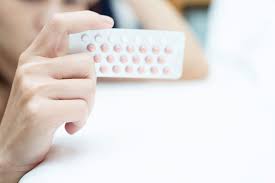
Ultrasound and blood tests:
Go for a blood test and ultrasound which will let you know about the condition of your reproductive health clearly so that you can take the preventive measures accordingly as instructed by your doctor.
Insulin resistance and androgen blocking:
These medications will help you with decreasing the insulin levels and androgen levels which will also reduce hirsutism and acne problems that occur due to PCOS.
Lifestyle changes:
Maintain your diet, exercise, and sleep schedule to balance your hormones, by making small changes in your daily life habits can manage the hormonal levels in your body and regulate your menstrual cycles.
Exercise at least 20 minutes a day, avoid sugary foods, chips, and packaged foods try to opt for homemade foods rich in protein fibers including fruits and salads. Avoid smoking and drinking totally. Try to involve yourself with physical activities such as dancing, walking, gardening, and yoga.
It is all about PCOS causes, symptoms, and management. As it is affecting millions of women worldwide proper management and treatment will help you to eliminate PCOS and lead a healthier life. Though few women experience severity in the hormonal imbalances proper care and treatment is highly essential in managing PCOS. Book your appointment with three simple steps and plan your consultation at the time that suits you best with our top-rated doctors for all your health concerns.
